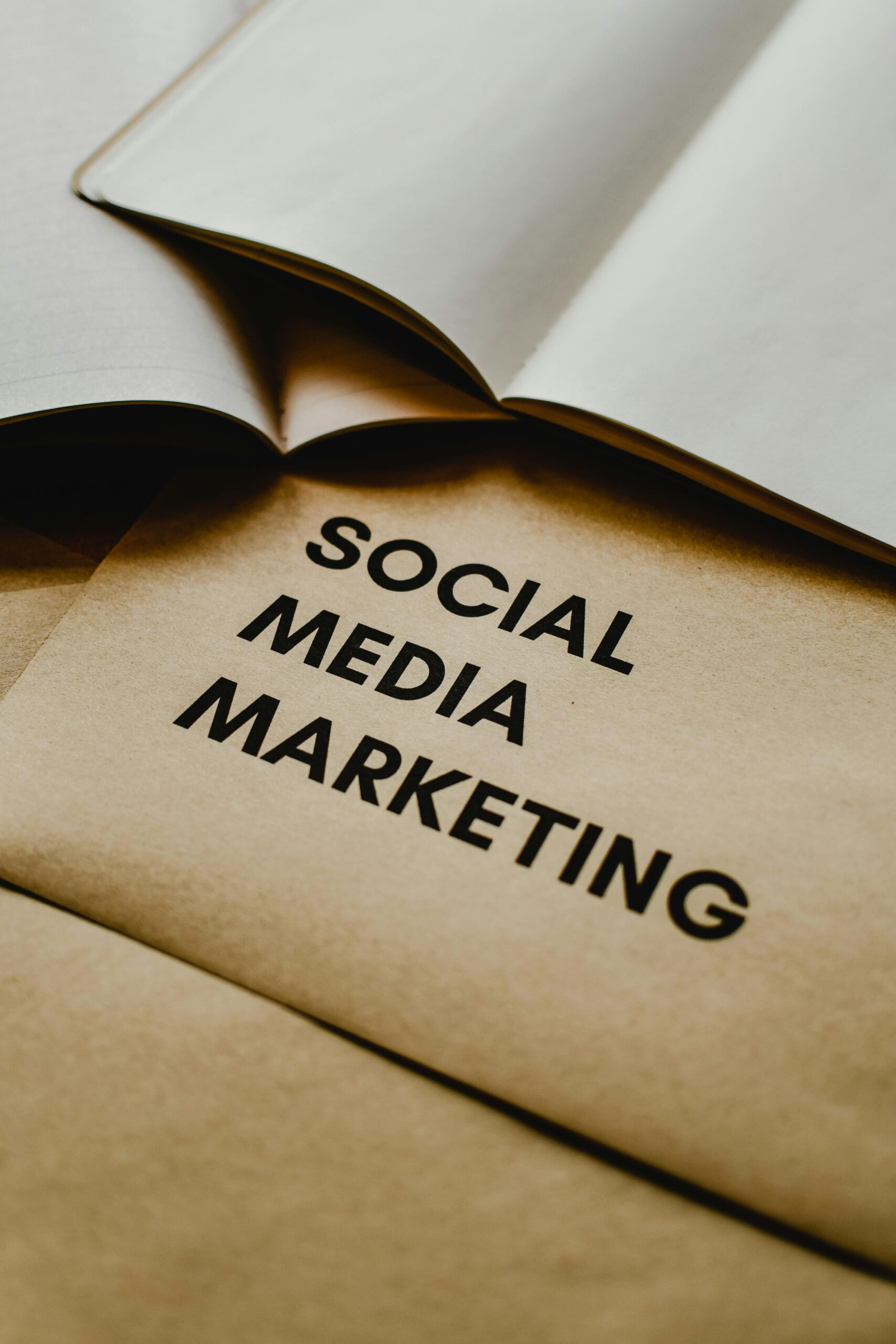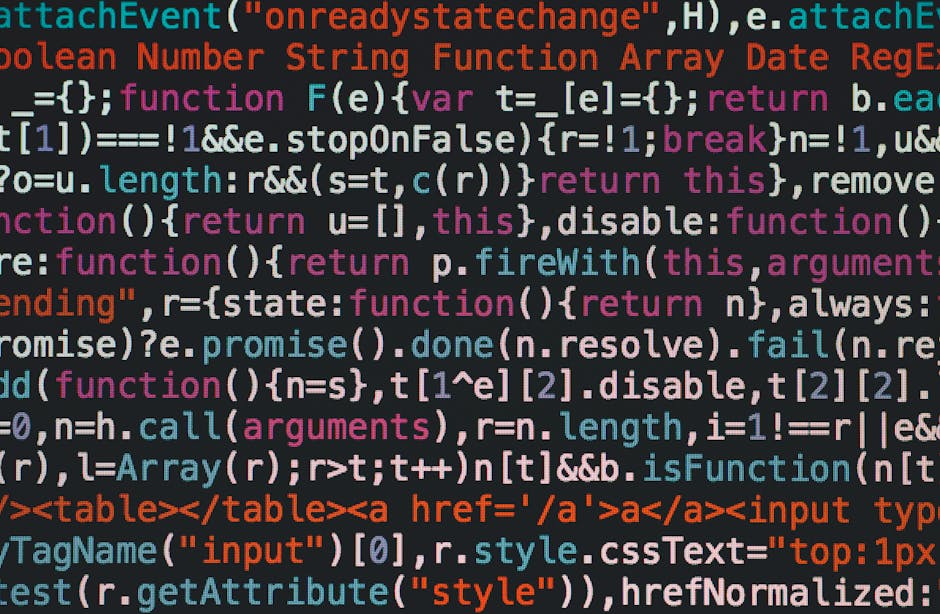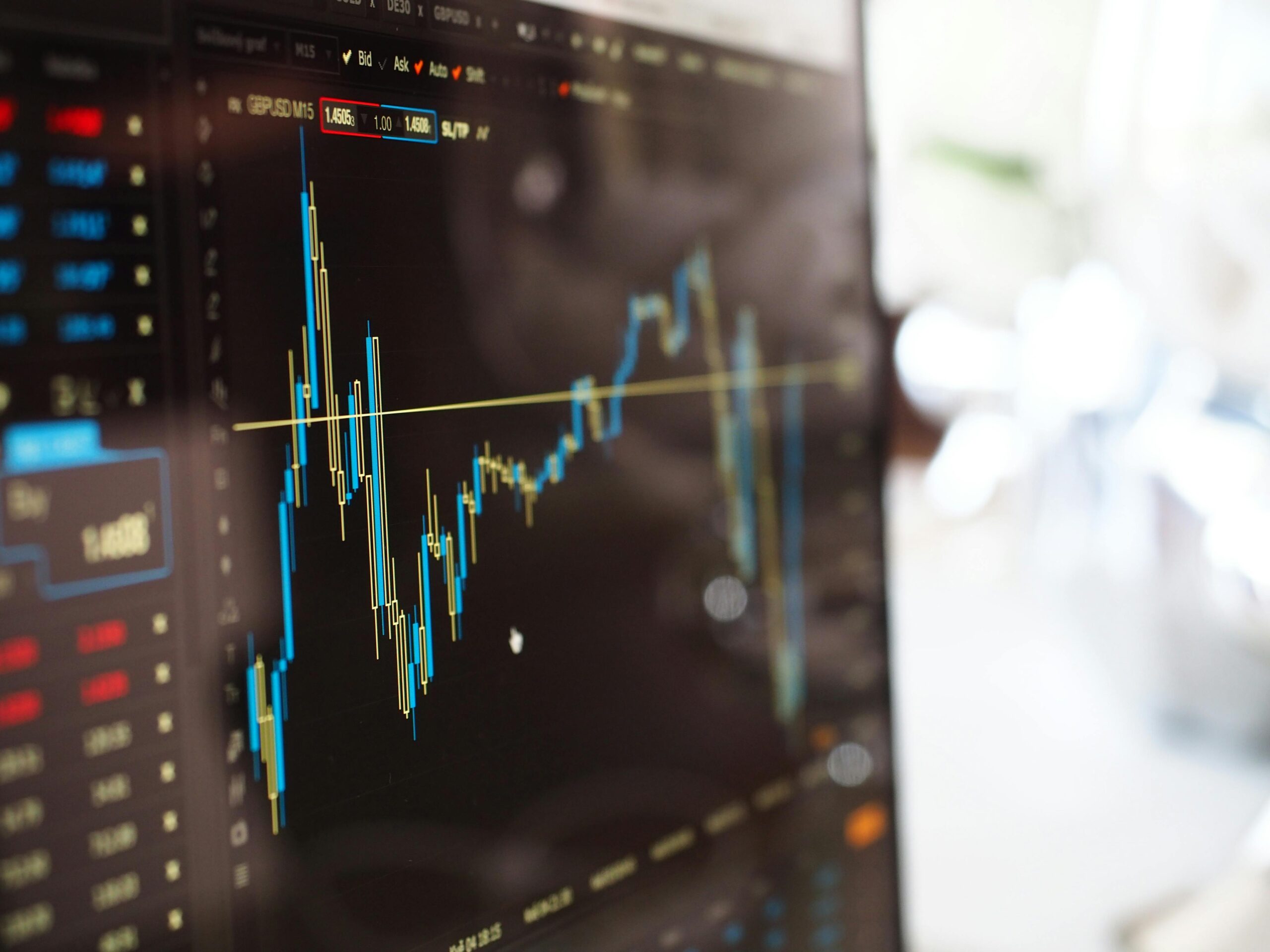Meta’s AI-Driven Ad Revolution
Meta, the parent company of Facebook and Instagram, is making significant strides in AI-generated advertising. The goal is to simplify the process for marketers and reduce the costs associated with creating engaging campaigns. Recent updates empower advertisers to upload as many as 20 product images, after which Meta’s AI will transform these images into dynamic video ads. These videos are complete with professionally integrated music, strategically placed text overlays, and seamless animations. This innovative approach enables brands to produce a large volume of high-quality, consistent, and on-brand video content without requiring extensive and expensive production resources. The shift is undeniably significant, aiming to democratize video advertising and make it accessible to businesses of all sizes.
Key Features of Meta’s Advantage+ Platform
Meta’s Advantage+ platform is undergoing a substantial expansion, incorporating generative AI features that dramatically enhance the capabilities available to advertisers. Here’s a breakdown of the core features being rolled out:
- Transforming Still Images into Dynamic Videos: Advertisers can now easily convert static product images into captivating video content.
- Consistent Branding at Scale: The system allows for the effortless application of consistent branding elements – logos, colors, and fonts – across all creative assets, ensuring a unified brand identity.
- AI-Powered Feature Highlights & FAQs: AI is used to identify and highlight key product features, automatically generating quick FAQs or even voice prompts for advertisements. This addresses customer inquiries proactively and enhances engagement.
- Experimentation with New Ad Placements: Advertisers can readily experiment with newer and more engaging ad placements, such as Instagram Stories and Facebook Reels, optimizing reach and impact.
- Interactive Engagement Features: Features like Virtual Try-On and Creative Sticker CTA buttons are integrated to foster interactive engagement with consumers.
The showcasing of these innovations at prestigious industry events like the Cannes Lions International Festival of Creativity underscores Meta’s ambitious goal: to lead the next phase of digital advertising. It’s a clear message to the industry – AI is not a future possibility; it’s the present reality.
Toward Full Automation: A Glimpse into the Future
Meta’s vision extends beyond incremental improvements; their ultimate goal is to enable brands to fully automate the creation and targeting of advertisements using AI by the end of 2026. This ambitious vision paints a picture of advertisers simply providing product images and a budget, and Meta’s AI would then generate the entire campaign – from images and videos to text and precise audience targeting – all automatically. The system will also allow for real-time customization, dynamically adjusting ad versions based on user factors such as location and individual preferences, paving the way for hyper-personalized advertising experiences.
Performance Gains and Industry Impact: Measuring the Results
Meta is claiming that its AI-powered tools are already yielding demonstrable improvements in ad performance. Sales campaigns utilizing Advantage+ are exhibiting an average 22% increase in return on ad spend, a compelling statistic demonstrating the potential for efficiency gains. Furthermore, back-end AI models, such as Meta GEM, are enhancing ad conversion rates by up to 5%. These significant performance improvements are fueling rapid adoption among brands eager to maximize both efficiency and reach within a competitive digital landscape. The data speaks volumes – AI isn’t just a buzzword; it’s delivering tangible results for advertisers.
The Creative Debate: Efficiency vs. Authenticity – A Balancing Act
While AI tools offer incredible potential for increasing the volume and speed of ad production, many industry experts caution that they cannot entirely replace the vital role of human creativity. AI excels at generating variations and optimizing for performance metrics, but it frequently struggles with capturing the nuances of a brand’s personality, establishing genuine emotional resonance, and crafting compelling narratives. The most effective outcomes are achieved by strategically blending AI’s efficiency with human insight – leveraging AI for brainstorming, rapid iteration, and scaling production, while relying on human expertise to refine messaging, inject creativity, and crucially, ensure brand authenticity.
A growing consumer awareness surrounding AI-generated content is also presenting a new challenge. There’s a risk that overly generic or inauthentic ads could erode consumer trust and negatively impact engagement. Therefore, brands are being strongly advised to view AI as an augmentation tool, rather than a replacement for a comprehensive creative strategy and the essential human touch.
The Broader Reckoning: Redefining Roles in a Changing Industry
The advertising industry’s enthusiastic embrace of AI is sparking a broader reckoning about the future of creative work and the evolving nature of advertising roles. As automation becomes increasingly prevalent, agencies and marketers must critically re-evaluate job descriptions, streamline workflows, and reassess the value placed on human talent. The central challenge lies in harnessing the power of AI to drive efficiency and enhance personalization, all while safeguarding the distinctiveness and emotional impact that only human creativity can provide. The industry is on the cusp of significant organizational and personnel shifts, and those who adapt and innovate will be best positioned for success.
Conclusion: Embracing the Future of Advertising
AI is rapidly and profoundly reshaping the advertising landscape, with Meta firmly positioned at the forefront of efforts to automate creative production and streamline campaign management. While generative AI tools offer unprecedented speed and scalability, it’s clear that lasting success will depend on a thoughtful balance between automation and the irreplaceable value of human creativity and brand authenticity. The industry’s reckoning with AI is just beginning, and the outcome of this ongoing process will ultimately define the future of marketing. This isn’t simply about adopting new tools; it’s about fundamentally rethinking how we connect with consumers and build lasting brand relationships.







Leave a Reply
You must be logged in to post a comment.